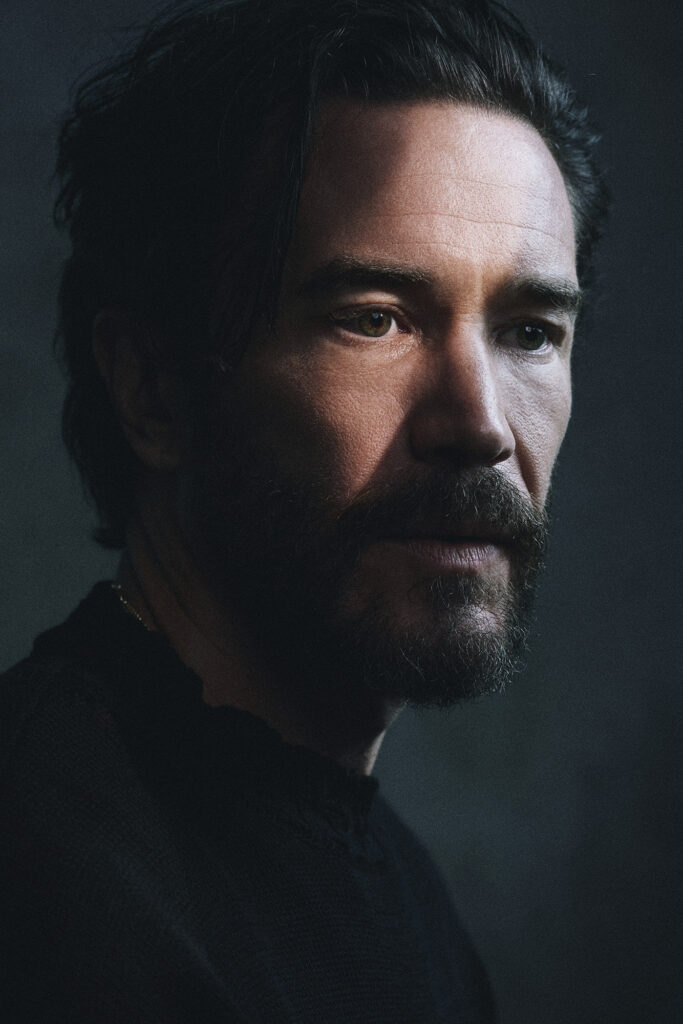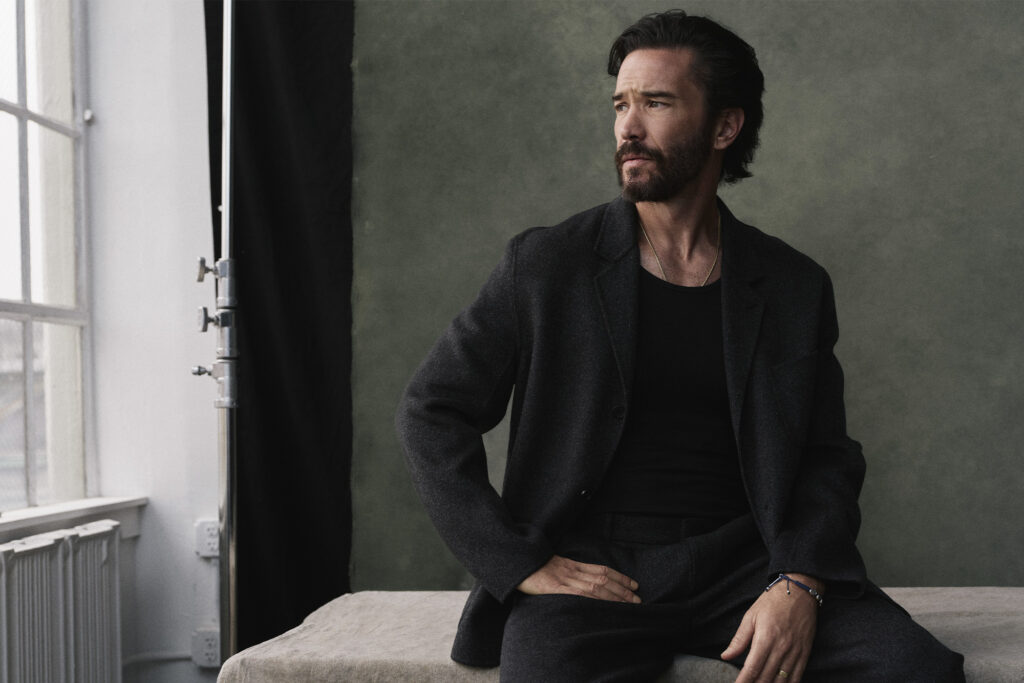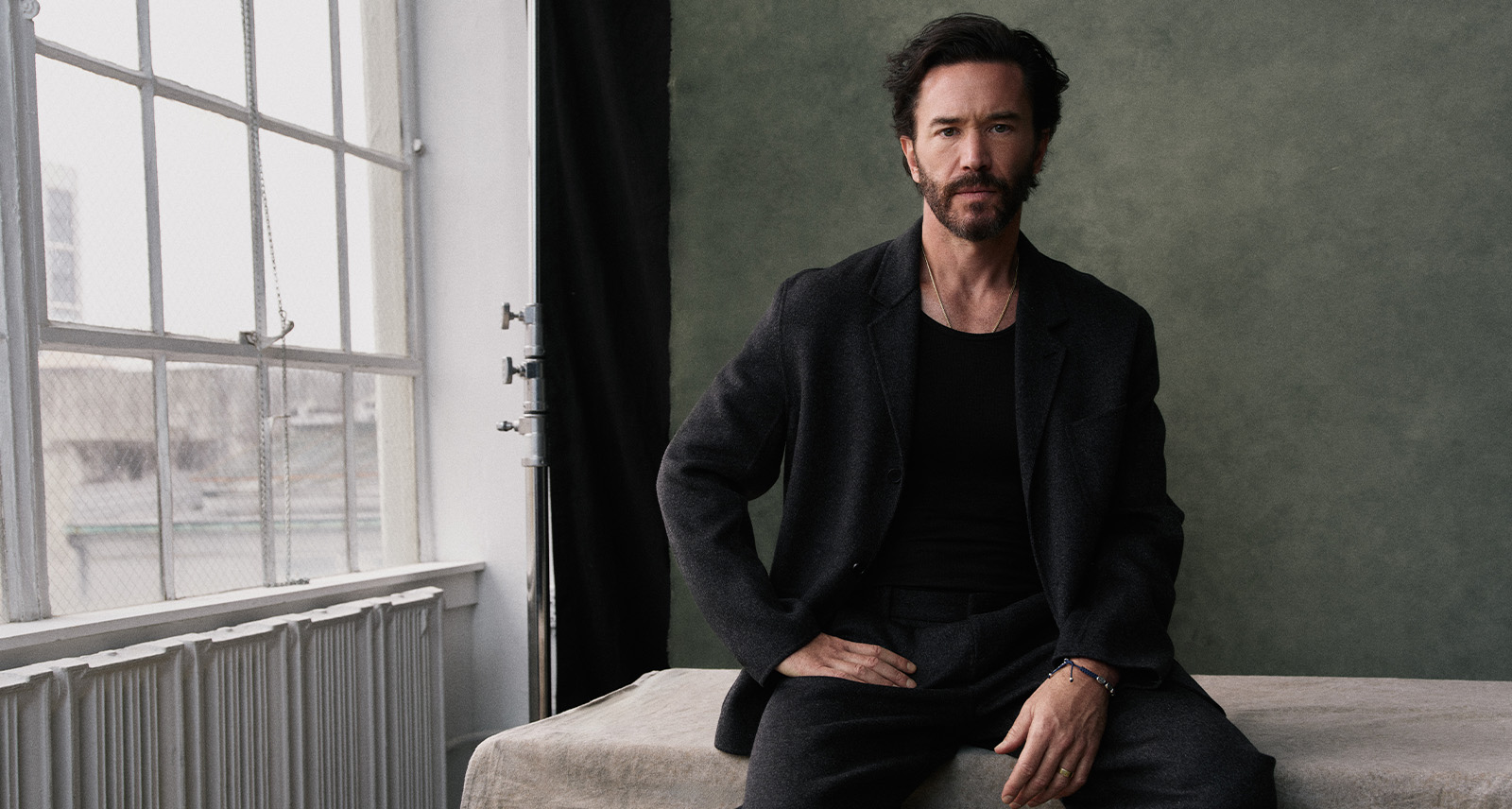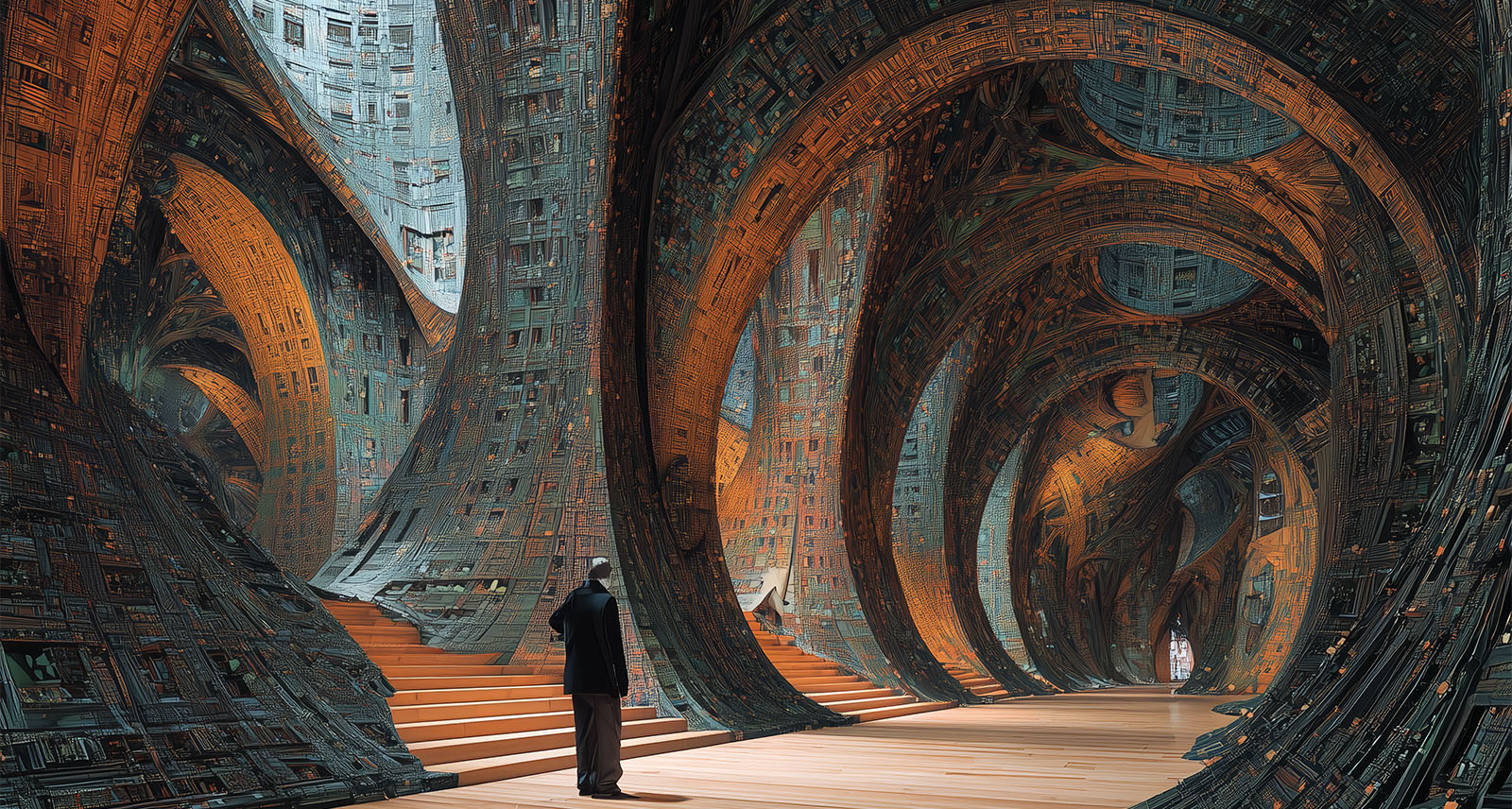Grit. That intangible feeling of the raw human struggle is core to modern storytelling. It humanizes characters in a way that forgoes the lines of “good versus evil,” focusing instead on the choices people face — the sacrifices one makes, or the risks one is willing to take to get ahead. Written and created by Brad Ingelsby, HBO’s new drama, Task, takes audiences into the depths of that struggle in rural Pennsylvania, following both sides of a string of crimes.
On one end, a former Catholic priest turned FBI special agent, Tom Brandis (Mark Ruffalo), begins investigating a string of robberies in Delaware County while waiting for the upcoming sentencing hearing for his adopted son, Ethan, who is pleading guilty to third-degree homicide. On the other, Robbie Prendergrast (Tom Pelphrey) is working to take care of his kids as a single father with the help of his niece, Maeve, while living in his late brother’s home. As the story unfolds and their respective arcs intertwine, the audience is pulled into each character’s complex narratives.
“People aren’t static. Grief isn’t static. You can lose someone, and the next day be laughing about something. It’s all over the place. And with a good script, you can build your character like a quilt — each patch a different part of the whole person.”
Tom Pelphrey
Recently, SHARP sat down with Pelphrey to chat about the new series and how he got into Robbie’s head.
What was it about Task and your character Robbie Prendergrast that drew you to pursue the role?
I mean, it always starts with the script. I read the first two episodes, and I thought they were exceptional. And then, as far as the role goes, I just felt like I understood him immediately. You know, every now and then you read something and just go, “Oh, I know this guy.” I knew him. I’ve had that feeling before, and it’s rare. It just felt very natural.
What was it like getting into the headspace of this character — especially with everything Robbie was dealing with in terms of loss, struggle, etc.? Was that difficult to tap into?
No, not really. What makes a script actor-friendly is when the writer builds a true arc — and Brad did a beautiful job of that. The story gave us space to really flesh out the characters. You know, when you’re younger as an actor, especially with a character like this who has so much going on beneath the surface, you try to play all of that in every scene. You want to act up a storm.
But now, I feel the opposite. I still do the work — I do all the emotional prep, make it personal — but when I show up on set, I let it come through naturally. People aren’t static. Grief isn’t static. You can lose someone, and the next day be laughing about something. It’s all over the place. And with a good script, you can build your character like a quilt — each patch a different part of the whole person.

And did you find any elements of the character or the story arc that felt relatable to you personally — whether in contrast or similarity to your own upbringing?
Yeah, for sure. Brad sets his shows in Delco, right where he grew up and still lives. I didn’t grow up in Delco, but I grew up blue-collar in New Jersey — just about an hour from where the show is set and filmed. It’s got a lot of the same values, the same sense of humour, the same ways of relating and showing affection. A lot of that vibe made sense to me right away.
Like in my family and with my friends, you show affection by being kind of rough with each other. And then you leave that bubble and interact that way with people who didn’t grow up like that, and sometimes they’re like, “Whoa.” And you realize — right, not everyone gets that. Brad captures that beautifully in his writing. It made a lot of immediate sense to me.
“Usually, when I watch something I’m in, it’s noisy in my head. I remember what was happening that day, how many takes we did, what I was thinking, all of it. But this time? It was quiet. I was just absorbed in the show like any viewer would be.”
Tom Pelphrey
Were there any highlights or memorable moments during filming that stand out to you?
Man, so many. This was a special job — no bullshit. Just an incredible experience. We had a great group of people, and we genuinely had a good time every day. I loved the day at the quarry — jumping off the rocks, swimming with Raúl and Owen. The three of us got along really well. It was such a blast. That scene in the car, on the way to the drug house in the first episode — we laughed all day. It was so much fun.
It was especially fun because those moments were some of the last joyful ones before everything got heavy. We got to live in a more playful, carefree space, which made it all the more impactful when things turned. And working with the kids was great. Most of my scenes were with them, and they brought this wonderful energy. Kids bring something special to set. In between takes, we’re playing and joking, and it just makes everything more fun.

How do you balance being a new father with the demands of working on set or being on the road?
The good news is my fiancée does what I do, so she understands it completely. That helps a lot. When I shot Task, they both came with me. That’s the goal — travel together when we can. As our daughter gets older, we’ll see how that goes with school and everything. But right now, we’re figuring it out as we go, like most parents.
Have you had the chance to watch the finished show?
Yeah, that’s wild. I finally got to watch it, and it really impressed me. So much of the show I wasn’t there for — other scenes, post-production, all of it. But when I finally sat down to watch it, I was blown away. The music, editing, and pacing — it all came together beautifully.
And I had an experience I’ve never had before: I wasn’t really aware of my own presence in the show. Usually, when I watch something I’m in, it’s noisy in my head. I remember what was happening that day, how many takes we did, what I was thinking, all of it. But this time? It was quiet. I was just absorbed in the show like any viewer would be. That was really cool.


